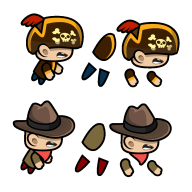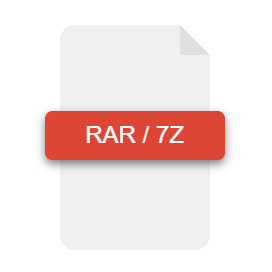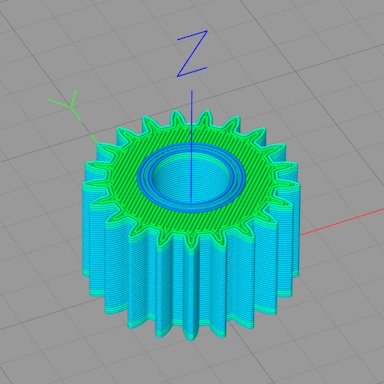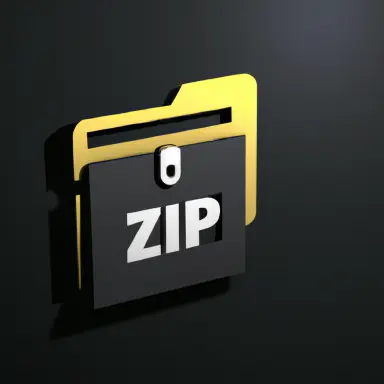| Extension | TAR |
| Full Name | TAR |
| Type | Archive |
| Mime Type | application/octet-stream |
| Format | Binary |
The TAR file format is a popular compressed archive format that enables you to apply compression to files to reduce their size, making them easier to transmit over the internet.
Files can be compressed into a TAR folder while retaining their original permissions and other file attributes. Entire folder structures can also be compressed into the TAR format, with the compression algorithm getting great compression results from any type of file.
TAR archives, while not as popular as others, are supported by many archive extraction applications.
The STL, or Standard Triangle Language, file format has been around since the '80s and is supported by most modern 3D modeling applications. In particular, the STL format has become something of a standard format within the area of 3D printing, despite the rise of more modern formats such as 3MF.
STL files come in two flavors: binary or text format. The text format is human-readable, making it easy to perform manual edits, but can lead to very large file sizes. As you can imagine, the binary format is much more compact and represents the majority of the STL files you are likely to encounter.
The format itself is very simple; the 3D model is represented by a sequential list of triangles, with each triangle defined with 3 points consisting of their X, Y, and Z positions, along with an additional vector that contains the face normal (the direction the face is pointing). There is an additional attribute block for each triangle; however, this is largely unused and thus unsupported.









